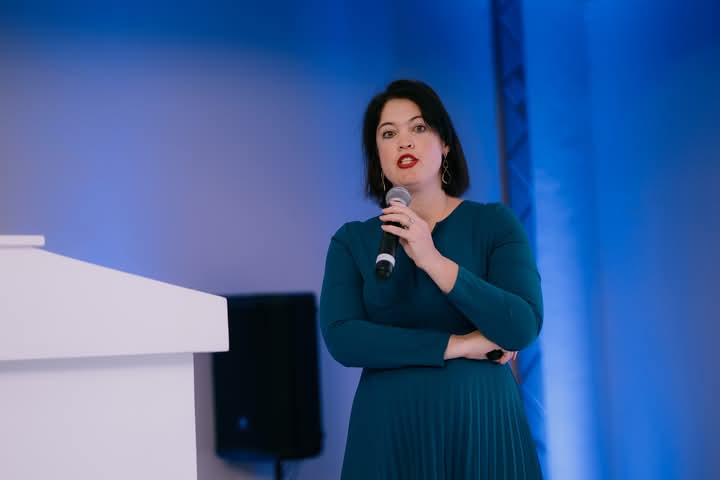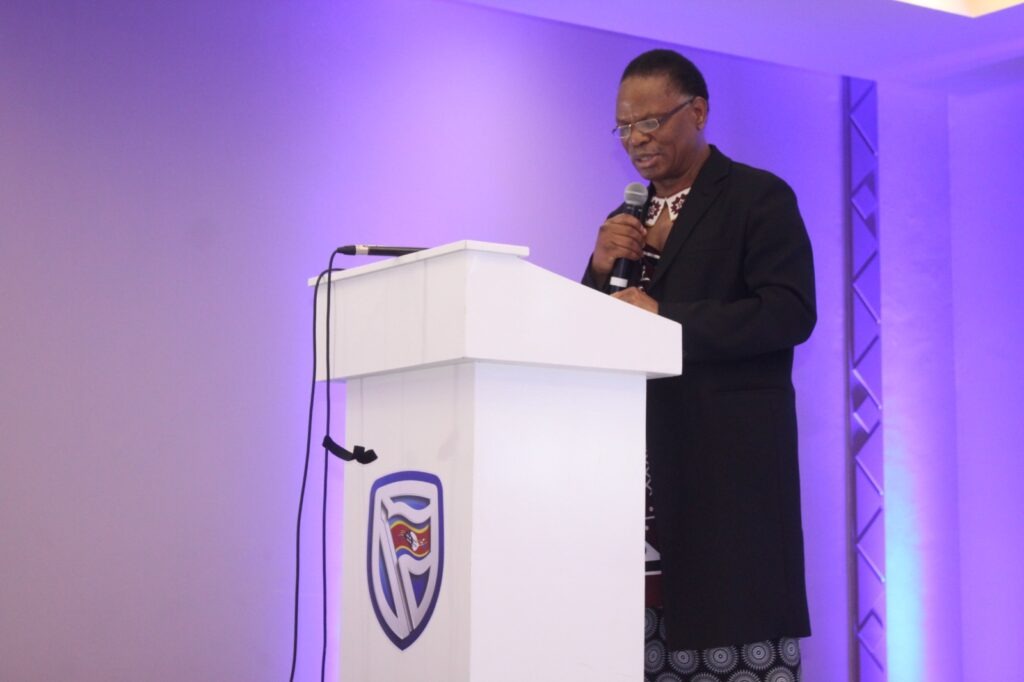
By Phiwa Sikhondze
Standard Bank Eswatini has announced the close of a E567 million deal to fund the 13.5MW Lower Maguduza Hydropower Project.
The project was sponsored and developed by African Clean Energy Developments (Pty) Ltd (“ACED”) with the African Infrastructure Investment Managers (“AIIM”) managed IDEAS Fund and the Eswatini Public Service Pensions Fund (“PSPF”) as shareholders.
According to a statement by Standard Bank Eswatini, ACED will continue to provide construction management services, with sister company Energy Infrastructure Management Services (EIMS Africa) being both the O&M Contractor and operations phase management services provider to the project.
The Bank acted as a mandated lead arranger for the transaction. The project will enable Eswatini to achieve its ambitions of energy security by generating power internally from its natural resources rather than relying on imports.
The bank highlighted that in recent years, it has undertaken to support the Government of Eswatini and its stakeholders on the quest for energy sovereignty through additional generation capacity following the sector’s reforms to liberalize the energy market, enhance energy security, and improve access to reliable and affordable electricity.
Barry Schutzler, Head of Corporate & Investment Banking at Standard Bank Eswatini, emphasized Standard Bank’s commitment to contributing to the country’s energy independence.
“As the leading banking partner for the renewables sector in Eswatini, the financing of this project reaffirms our commitment to driving the just energy transition across the country. It also tangibly demonstrates our determination to promote the responsible adaptation of renewable energy sources,” Schutzler said.
Eswatini imports approximately 80% of its power primarily from South Africa and Mozambique, with 65% of its imported power specifically from Eskom.
The project will help shift the country away from reliance on energy imports to renewable energy sources.
According to the International Hydropower Association (IHA), hydropower accounts for 40% of power in the Sub-Saharan region. The IHA also notes that 90% of potential hydropower remains untapped on the continent, representing the biggest proportion of underutilized hydropower capacity in the world.

“This deal will unlock critical renewable energy development to support Eswatini’s energy security and access to affordable energy. It also assures the country’s steady journey towards reducing its reliance on traditional forms of energy and pivots it towards cleaner, sustainable sources of energy,” Sherrill Bryne, Executive Vice President for Energy and Infrastructure at Standard Bank Group, concluded.
“We are immensely proud to have achieved financial close and construction commencement on our first hydroelectric project, and our first project in Eswatini, in partnership with our very supportive lenders, shareholders, contractors the EEC, and all of our Eswatini partners and regulators. In addition to energy security for Eswatini, this project will also create jobs and support development locally,” James Cumming, Chief Executive Officer of ACED, said.
